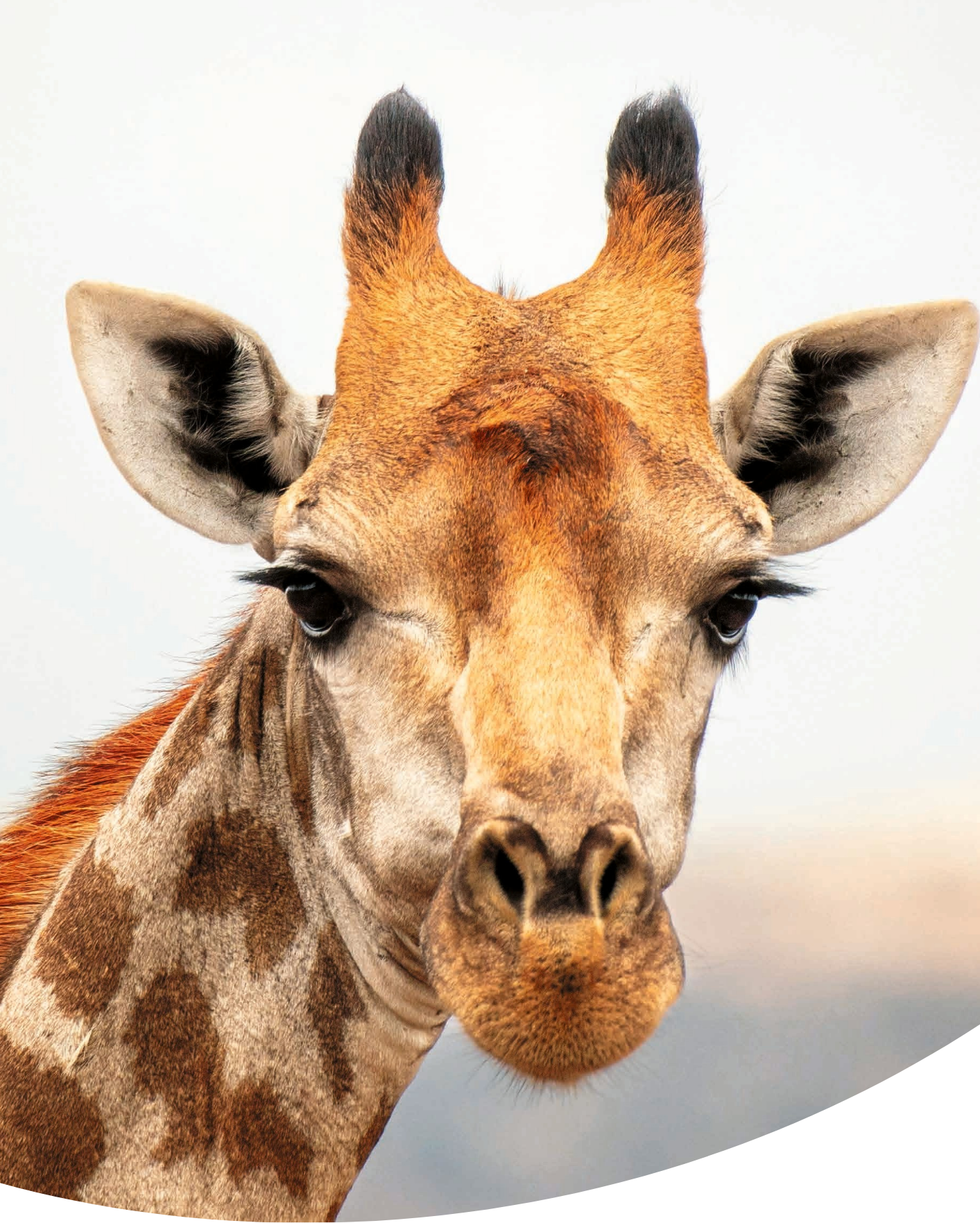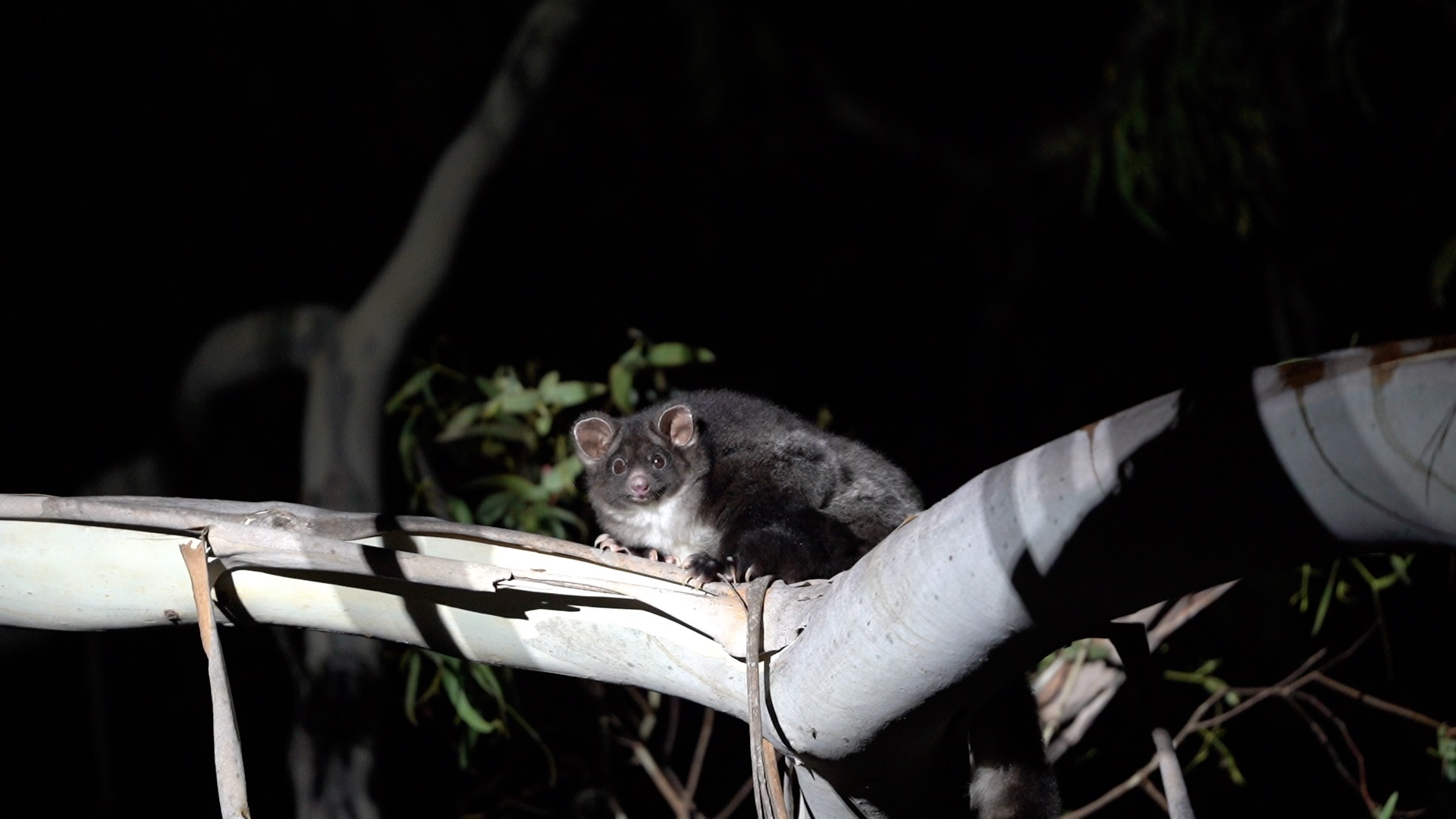Find out more about our work on federal environment reforms, the recent victory in protecting whale sharks, an update on our partner projects and lots more.
The thoughts of all of us at Humane Society International are with the family and friends of Nick Slater, and all of those involved with the unimaginably tragic event earlier this week at Greenmount Beach on the Gold Coast.
This fatal shark bite has occurred near shark nets and 8 baited drumlines, leaving policy-makers in Queensland rightly questioning the efficacy of the Department of Agriculture and Fisheries’ (QDAF) 58 year-old Shark Control Program.
Queensland Premier Annastacia Palaszczuk and Gold Coast Mayor Tom Tate have both said that the program will be looked at, and if improvements are possible, they will be considered.
“The good news is that improvements to the Queensland Shark Control Program are available and ready to be implemented,” says Lawrence Chlebeck, marine biologist with Humane Society International.
“It’s long past time that the Shark Control Program is brought into the 21st century. It was confirmed in court1 just last year that culling by methods such as drumlines and nets does not reduce the risk of shark bite – but there are tangible solutions that can. Drone surveillance, personal shark deterrents, electrical-field emitting beach barriers and SMART drumlines are measures that can more effectively reduce that risk.”
Following HSI v QDAF and GBRMPA, a decision received over a year ago, the Administrative Appeals Tribunal mandated the Queensland Department of Agriculture and Fisheries to “…ensure SMART drum lines are trialled and implemented on a progressive basis as soon as reasonably possible in the Great Barrier Reef.” To this date, the Queensland Government has not started trialling SMART drumlines.
Drone surveillance has been recently trialled to great effect in similar surf conditions in NSW, with that program receiving a major investment from the NSW government. A report commissioned by QDAF2 and published last year confirmed the suitability of such programs in Southern Queensland.
“Replacing destructive and ineffective nets and drumlines with new, non-lethal technologies is a win-win. Modernising the Queensland shark control program will not only end the unnecessary slaughter of Queensland’s iconic marine wildlife, but it will also better protect ocean-users,” Mr Chlebeck concluded.

- Administrative Appeals Tribunal Decision and Reasons for Decision, Humane Society International vs Queensland Department of Agriculture and Fisheries and Great Barrier Reef Marine Park Authority, Deputy President I Hanger AM QC and Senior Member A Poljak, 2 April 2019, Brisbane.
- Queensland Shark Control Program Review of Alternative Approaches, Cardno, prepared for Queensland Department of Agriculture and Fisheries, 20 September 2019.


